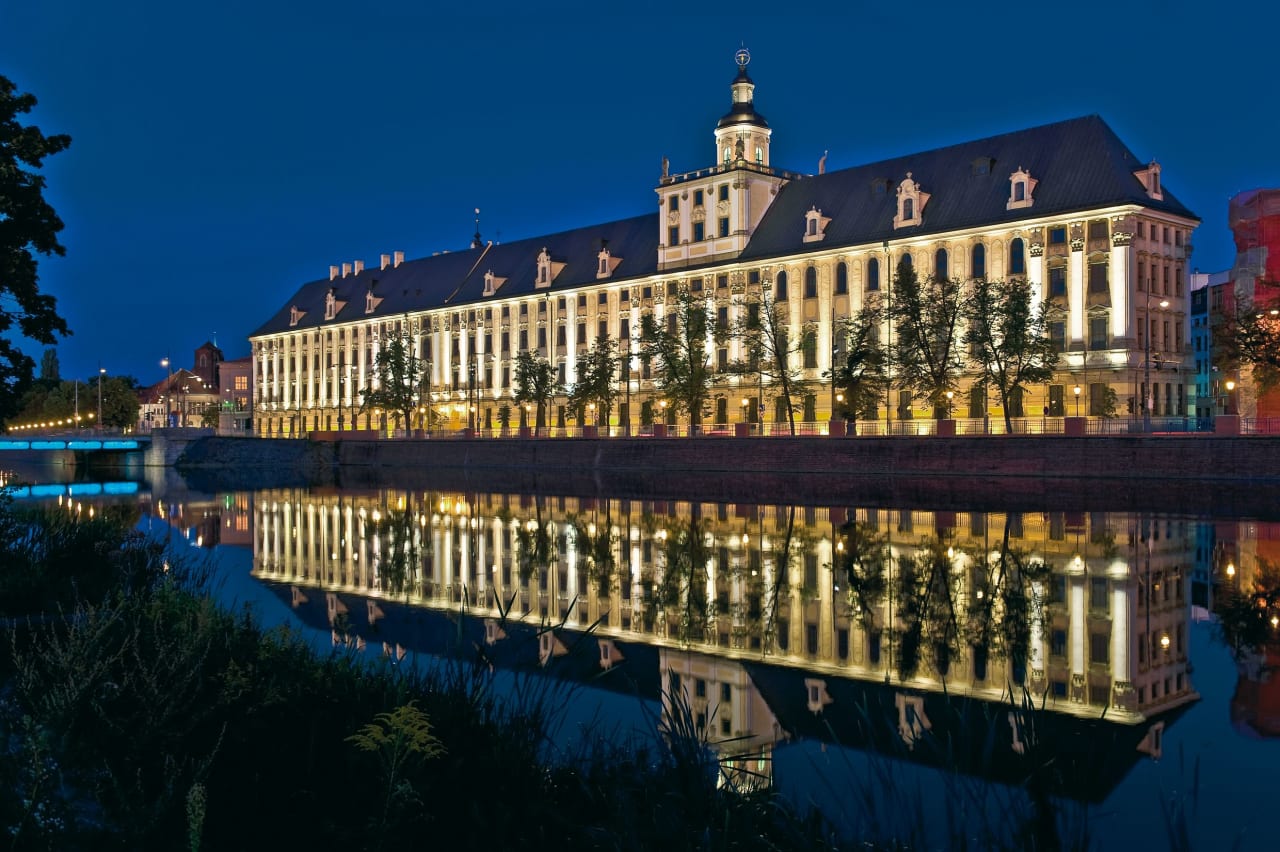
Master in Public History
University of Wroclaw

Key Information
Campus location
Wrocław, Poland
Languages
English
Study format
On-Campus
Duration
2 years
Pace
Full time
Tuition fees
EUR 2,300 / per year *
Application deadline
15 Aug 2024
Earliest start date
01 Oct 2024
* for EU citizens | €3750/year for non-EU citizens
Introduction
The public history program is addressed to all BA graduates, not only in history, and even not only in the humanities, who would like to conduct research about and promote the public uses of history. Public history has been operating since the 1970s as a subdiscipline of history, but also as a separate academic discipline. It is called history "for the people, by the people, with the people, of the people" and deals with all the aspects of history outside formal education (also academic education). It has operated for many years at universities worldwide and enjoys considerable popularity among students.
History itself concentrates on examining the past (aiming at answering the question "How was it there?") while public history researches how the knowledge about the past is present in the social consciousness and how it is (and maybe) instilled in this consciousness, with the central question of "what do (did/will) the people know about how it was?" It focuses on historical memory, which is rather marginal in the "traditional" history research. The courses from the public history program concentrate on the ways of shaping the historical consciousness (or collective memory) - both in the context of its theoretical framework and mechanism (including e.g. politics of history) and in various practical ways (tools/techniques) of influencing this memory and consciousness, starting from collecting and processing the testimonies of the past, through speech-writing and preparing other texts promoting the historical knowledge, exhibitions, historical installations, to locating historical elements in mass media, entertainment or in a virtual environment in its broadest sense. This is why even the general chronological overview of the past, which is placed in the public history curriculum, concentrates on the elements (phenomena, events, processes, individuals) that evoke debates and controversies - i.e. are present in the public sphere - and does not repeat the traditional academic history curriculum.
These competencies will bring him to employment in the institutions engaged in preserving, forming, and propagating the memory of the past and involved in the areas of:
- The politics of history - political parties, local governments, societies, governmental agencies, and other state institutions
- Extracurricular history education - libraries, local and national institutions of education
- Combination of history and art history - museums, open-air museums, creative art groups, and companies (e.g. as experts in historical movies, games, and events)
- Combination of history and media (publishing houses, press, new media, webpages, thematic TV channels)
- Archive management and oral history (private people, local government)
- International cooperation (e.g. European institutions)
Graduates will also have the option to continue their education at the Ph.D. programs in the humanities.
Program Outcome
A public history graduate will know the ways the knowledge about the past is present in the public sphere and the methods of influencing those ways. He/she will be able to collect, preserve, process, and promote the heritage of the past consciously and competently and to research how others do that.